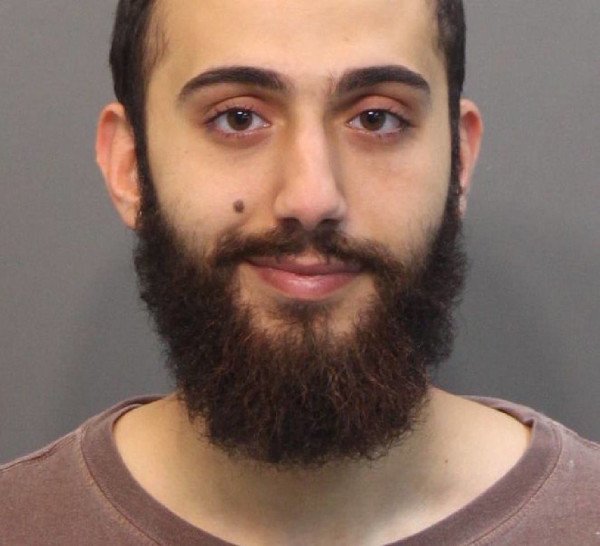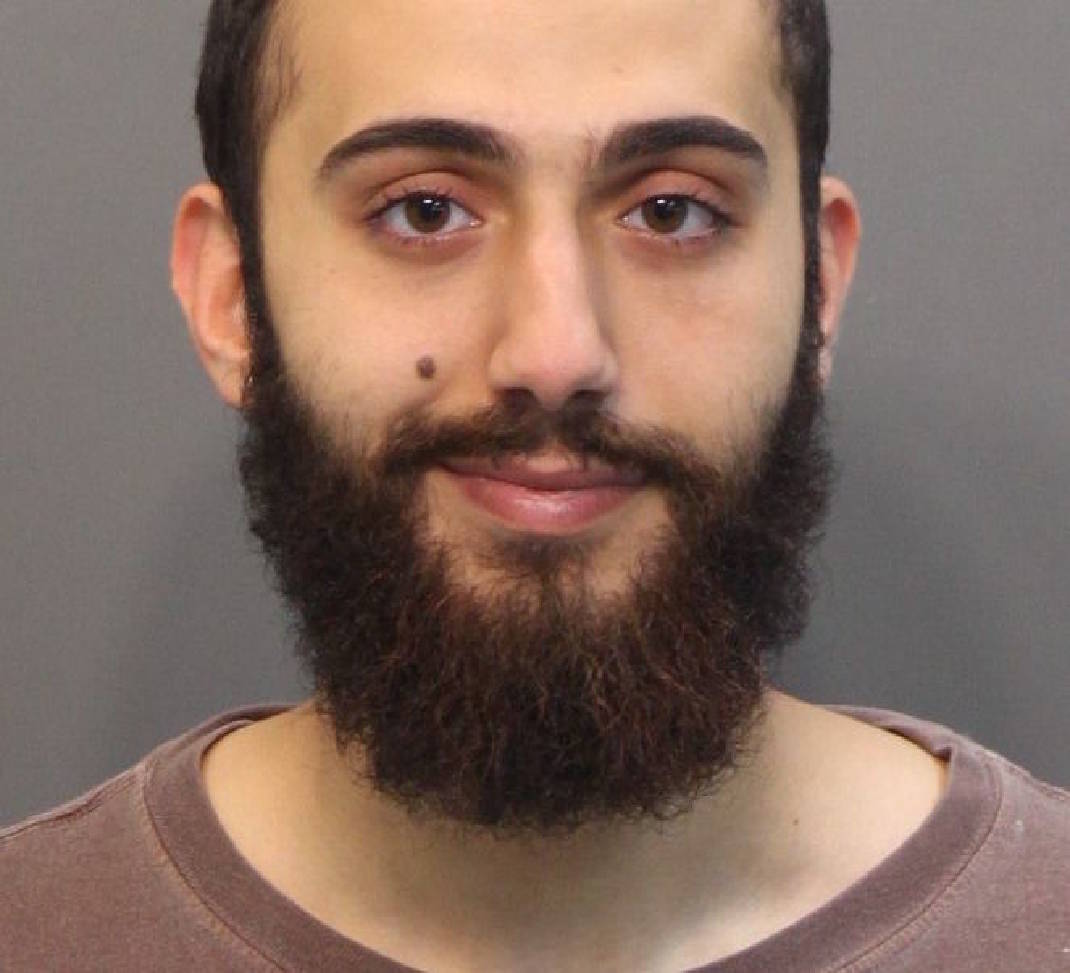The house of Mohammad Youssuf Abdulazeez, who was killed after shooting dead four Marines in Chattanooga, Tennessee, has been searched by police.
The attacks at two US Navy sites on July 16 were being investigated as an “act of domestic terrorism”, said a district lawyer.
The FBI has said it has no indication of what Mohammad Youssuf Abdulazeez’s motive was at this stage.
A female sailor remains in a serious condition in hospital.
Two others were also injured.
Police have sealed off the area around the house in which the gunman lived as they attempt to piece together what led to the attacks.
Eye-witnesses said two women were led away from the house in the Hixson suburb of Chattanooga in handcuffs.
The FBI has said it has no indication that Mohammad Youssuf Abdulazeez, 24, was linked with any international terrorist organisations or that others were involved.
FBI agent Ed Reinhold told a news conference the gunman initially fired from inside his Ford Mustang at about 10:45 local time at a US Navy recruitment centre in the east of the city.
He then drove to a US Navy reserve centre about 7 miles away where he got out of his car before fatally shooting the Marines.
He was shot dead on Amnicola Highway.
President Barack Obama said the attack was “heartbreaking”.
A blog that Mohammad Youssuf Abdulazeez wrote was monitored by the SITE Intelligence Group which checks on extremist activity, and could provide a useful lead for investigators.
In a post written on July 13, he said: “This life is short and bitter” and that Muslims should not let “the opportunity to submit to allah… pass you by”.
Mohammad Youssuf Abdulazeez is believed to have been born in Kuwait, but has lived in the US for several years.
He was arrested earlier this year in Chattanooga for driving under the influence of alcohol.
Officials told AP that Mohammad Youssuf Abdulazeez was not known to federal law enforcement before the attacks.
He left this message in his school yearbook: “My name causes national security alerts. What does yours do?”
A statement from the US Department of Homeland Security said it was “enhancing the security posture at certain federal facilities, out of an abundance of caution”.
